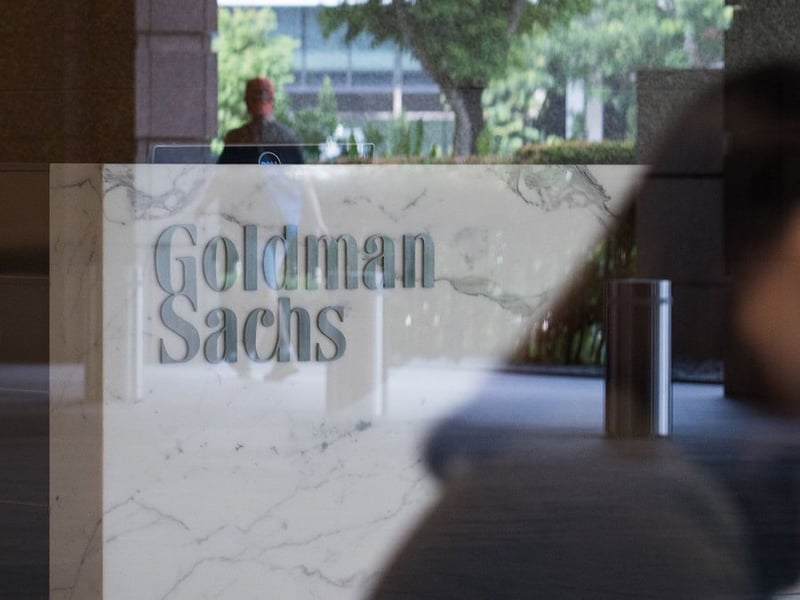

Goldman Sachs Chief Executive Officer David Solomon isn’t concerned that the launch of its first digital advice platform, Marcus Invest, will be outshined by well-established fintech apps already dominating the market, and instead plans to launch the platform in the U.K. by year-end.
Despite the investment bank’s tardy entrance into the robo-advice space — and the success of tech-savvy fintechs like SoFi, Wealthfront and Betterment — Solomon was undaunted when asked how the Marcus online platform will stack up against the competition during Goldman Sachs’ fourth-quarter earnings call Tuesday.
“We’re working to go from a product structure to a much more integrating offering for our customers,” Solomon said during the earnings call. “So when you ask about comparison to some of the fintechs, I’ll just say the fintechs are much more narrow in scope in terms of what they offer and don’t have the broad capabilities that we have.”
Taking SoFi for example, which agreed to go public in a merger with a blank-check company that values the upstart at around $8.7 billion, Solomon said the broader product offerings and scale that Goldman Sachs has to offer will keep it ahead of the curve.
“If people like those [fintechs], I think at some point in time they should like and value our business more fulsomely,” Solomon said. In addition, Goldman Sachs corporate relationships, which sparked recent partnerships with Amazon, Walmart, JetBlue, AARP and General Motors, puts the bank at an advantage, according to Solomon. “I think you’ll continue to see us do more on this front,” he said.
While Goldman Sachs continues its push to transform from a bank solely for the ultra-wealthy to a digital platform with an eye toward Main Street investors, the bank's net revenues for wealth management clocked in at $1.31 billion, 11% higher than the fourth quarter of 2019.
Overall, Goldman Sachs doubled its profits year over year, reaching $4.51 billion in fourth-quarter, or $12.08 per share. The firm's quarterly revenue of $11.74 billion was 18% higher than the fourth quarter of 2019 and 9% higher than the third quarter of 2020.
Moreover, Marcus Invest — slated to launch sometime this quarter — will also expand to the U.K. in the second half of the year, according to Solomon. Goldman Sachs’ more global reach, too, is expected to push its robo-adviser to the head of the pack.
“It’s increasingly difficult to compete in this business unless you’re global at scale,” Solomon said. “Unless you have the capacity to make very significant technology investments into platforms to better connect with your clients, so there has been consolidation of wallet share into the leader players across these platforms.”
On top of that, Goldman Sachs’ Ayco Personal Financial Management platform for high-net worth clients achieved its 2020 goal of bringing more than 30 new corporate clients onto the platform, according to Solomon.
“As corporations of all types increasingly look to Ayco for financial planning and wellness solutions, we remain well positioned to meet this ongoing need given Ayco’s broad spectrum of offerings as well as connectivity with our investment banking franchise, and our new personal financial management capabilities,” Solomon said. “We have already begun to see significant synergies as a result of these advantages, with over 4,000 referrals in 2020, representing over $7 billion of opportunity across these channels in the U.S.”

Relationships are key to our business but advisors are often slow to engage in specific activities designed to foster them.

Whichever path you go down, act now while you're still in control.

Pro-bitcoin professionals, however, say the cryptocurrency has ushered in change.

“LPL has evolved significantly over the last decade and still wants to scale up,” says one industry executive.

Survey findings from the Nationwide Retirement Institute offers pearls of planning wisdom from 60- to 65-year-olds, as well as insights into concerns.
Streamline your outreach with Aidentified's AI-driven solutions
This season’s market volatility: Positioning for rate relief, income growth and the AI rebound
